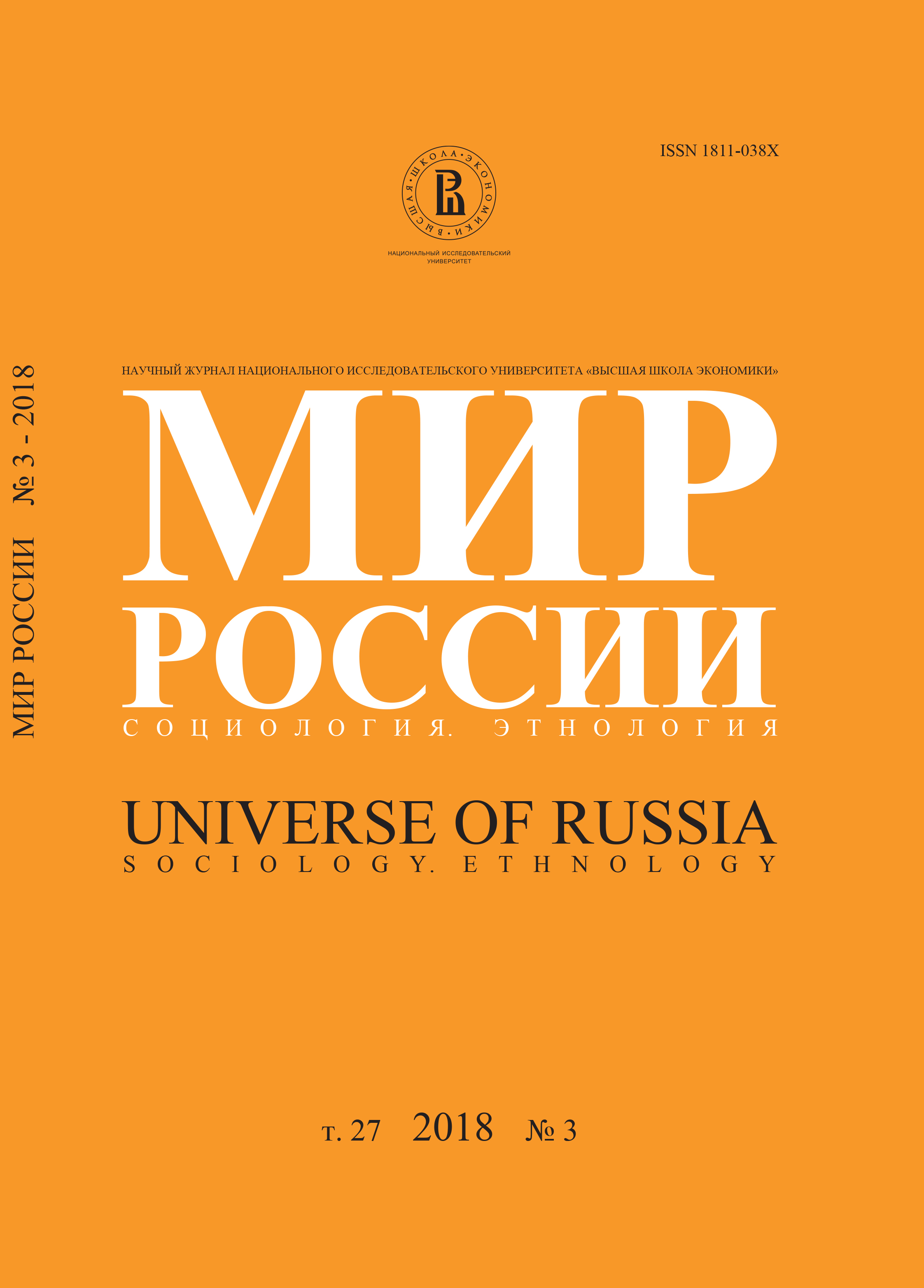Elections in Russia – Who Evaluates Them and How: The Specifics of the Expert Survey on Russian Regional Elections on September 13, 2015
Abstract
Margarita Zavadskaya – Senior Researcher, Laboratory for Comparative Social Studies, National Research University Higher School of Economics; the European University at Saint Petersburg. Address: 55, Sedova St., Saint Petersburg, 191187, Russian Federation. E-mail: mzavadskaya@hse.ru
Vsevolod Bederson – PhD in Politics, Junior Research Fellow, Institute of Philosophy and Law, Ural Branch of the Russian Academy of Sciences; Fellow, Center for Comparative History and Political Studies, Perm State University; Senior Lecturer, Political Science Department, Perm State University. Address: 16, Kovalevskaya St., Ekaterinburg, 620990, Russian Federation. E-mail: vsbederson@gmail.com
Citation: Zavadskaya M., Bederson V. (2018) Elections in Russia – Who Evaluates Them and How: The Specifics of the Expert Survey on Russian Regional Elections on September 13, 2015. Mir Rossii, vol. 27, no 3, pp. 82–106 (in Russian). DOI: 10.17323/1811-038X-2018-27-3-82-106
Evaluation based on expert surveys is widespread in comparative research. However, the reliability and validity of the results obtained from such surveys may depend on 1) the politicization of the subject of study (i.e. the problem of sensitivity), 2) the current political regime (Russia is characterized by experts as ‘electoral authoritarianism’) and 3) the ongoing process of the professionalization of the expert community. The authors suggest that all three systematically affect the quality of expertise and are the sources of specific biases which must be recognized when dealing with expert surveys in appropriate contexts. Empirically this study draws on the expert surveys conducted within the framework of the international Electoral Integrity Project. The authors find that the spread of expert opinions depends on the experts’ ideological preferences, their confidence in the existing political institutions, individual voting strategy (ruling party vs. opposition), and the degree of confidence in television. On a more general level, the article provides a description of the state of the modern Russian expert community in the field of electoral expertise.






